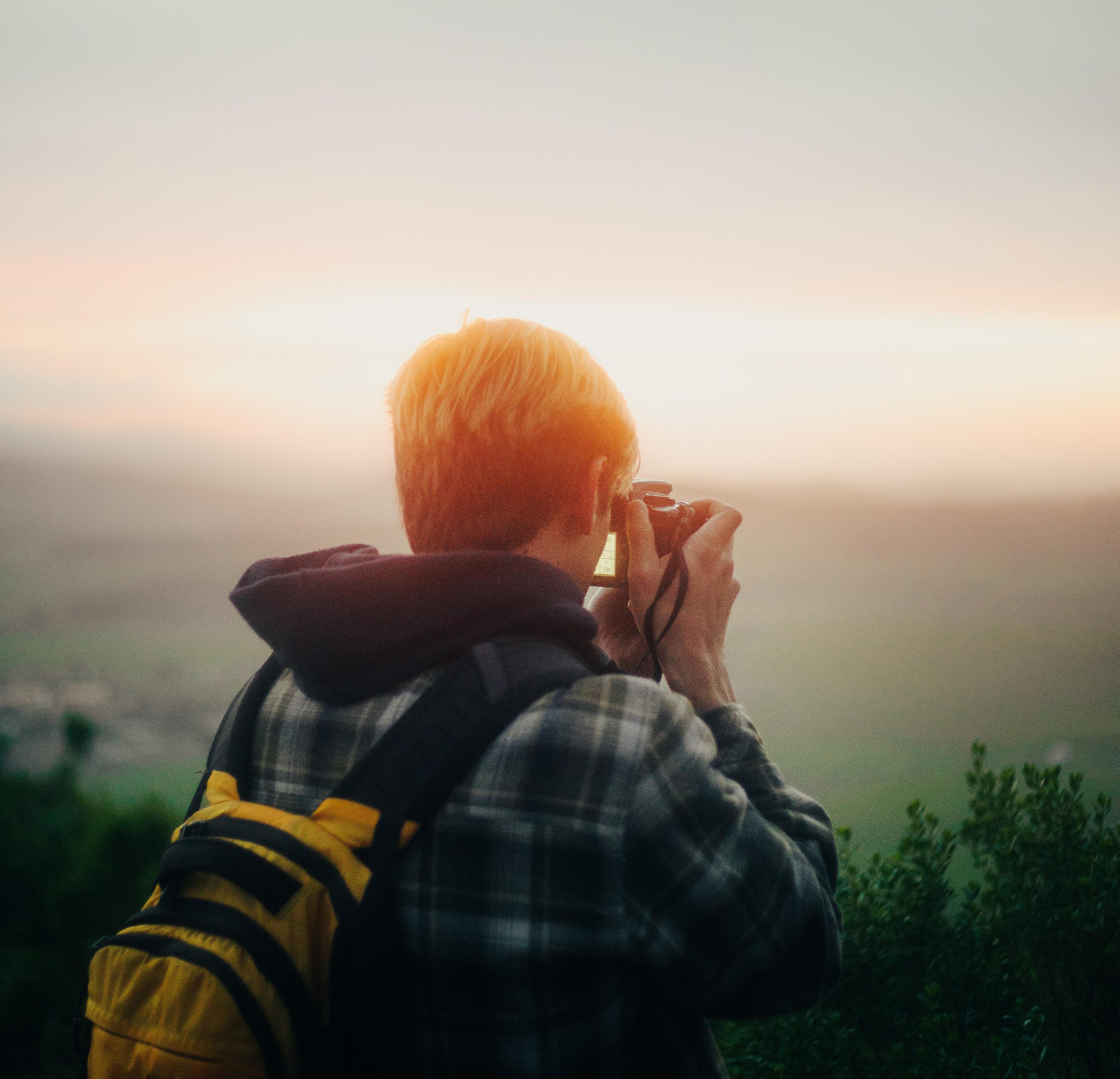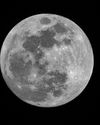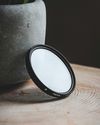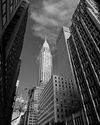Versuchen GOLD - Frei
6 COMMON PHOTOGRAPHY MISTAKES TO AVOID AS A BEGINNER
Photography Masterclass Magazine
|Isssue 126
When you first start out as a photographer there’s a lot of information to remember.

And it can be easy to make simple mistakes that can, unfortunately, have a big impact on your work. In this article, I’ll run you through some common mistakes that beginners make and tell you how to avoid them.

2. NOT SHOOTING AT THE RIGHT TIME OF DAY OR NIGHT
Without light (natural or artificial), there is no photograph. But when you're starting out it can be hard to know when to shoot. Light changes continually throughout the day and through the early evening, so it helps to understand what it's doing and what effect it will have on your images.
Did you know that light has a color temperature? Light is measured in a unit called Kelvins - here's a chart to help you understand those different temperatures:
• 1000-2000k: Candlelight
• 2500-3500k: Tungsten Light (Normal household bulb)
• 3000-4000k: Sunrise / Sunset (Clear skies)
• 4000-5000k: Fluorescent Light
• 5000-5500k: Electronic Flash
• 5000-6500k: Daylight (Clear skies with sun overhead)
• 6500-8000k: Overcast skies (Moderate)
• 9000-10000k: Heavily overcast skies or shade
In addition, you will want to be aware of the color of light at different times of day, as well as where the sun is positioned:

1. NOT UNDERSTANDING DEPTH OF FIELD
Diese Geschichte stammt aus der Isssue 126-Ausgabe von Photography Masterclass Magazine.
Abonnieren Sie Magzter GOLD, um auf Tausende kuratierter Premium-Geschichten und über 9.000 Zeitschriften und Zeitungen zuzugreifen.
Sie sind bereits Abonnent? Anmelden
WEITERE GESCHICHTEN VON Photography Masterclass Magazine

Photography Masterclass Magazine
CREATE UNIQUE PORTRAITS BY SHOOTING THROUGH GLASS
Looking for something unusual and quirky to try with your camera? Glass portraits are, as the name suggests, portraits shot through glass, giving your subject a unique look.
5 mins
Issue 152

Photography Masterclass Magazine
HDR IN LIGHTROOM – EXPLAINED CAMERA SETTINGS TO EDIT!
High Dynamic Range (HDR) photography is a technique that allows you to capture a wide range of tone, color and detail in your photos.
6 mins
Issue 152

Photography Masterclass Magazine
THE BEST CAMERA BAG FIND THE RIGHT ONE FOR YOU
So, you're trying to find the best camera bag for you, and you've just realised that there are thousands out there!
8 mins
Issue 152

Photography Masterclass Magazine
FEATURED PHOTOGRAPHER: JOSH WHITE
Josh White is a street photographer from Newfoundland in Canada, and has done the majority of his work in Seoul, Korea. We caught up, chatted about his beginnings, his inspirations, working in film versus digital, why he prefers black and white, and some memories from Seoul.
10 mins
Issue 152

Photography Masterclass Magazine
6 EASY PORTRAIT COMPOSITION TIPS FOR STUNNING PHOTOS EVERY TIME
Capturing compelling portraits involves more than just pointing your camera at someone and clicking.
3 mins
Issue 152

Photography Masterclass Magazine
LET THE EYES LEAD THE WAY
If there's one golden rule in portrait photography, it's this: the eyes must be tack-sharp.
1 min
Issue 152

Photography Masterclass Magazine
MASTERCLASS HOW TO CAPTURE PERFECT MOON PHOTOS
HOW TO CAPTURE PERFECT MOON PHOTOS
9 mins
Issue 146

Photography Masterclass Magazine
THE 30 DAY EMOTION CAPTURE CHALLENGE
30 DAYS, 30 EMOTIONS: YOUR LENS, YOUR STORY
5 mins
Issue 146

Photography Masterclass Magazine
3 MUST-HAVE FILTERS FOR SHOOTING LANDSCAPE PHOTOGRAPHY
While digital photography has made many filters redundant through post-processing software like Photoshop, there are still some essential filters that can't be replaced.
5 mins
Issue 146

Photography Masterclass Magazine
9 TIPS FOR CAPTURING TACK-SHARP PHOTOS
As a photographer, you know that image sharpness can make or break your shot.
3 mins
Issue 146
Translate
Change font size
